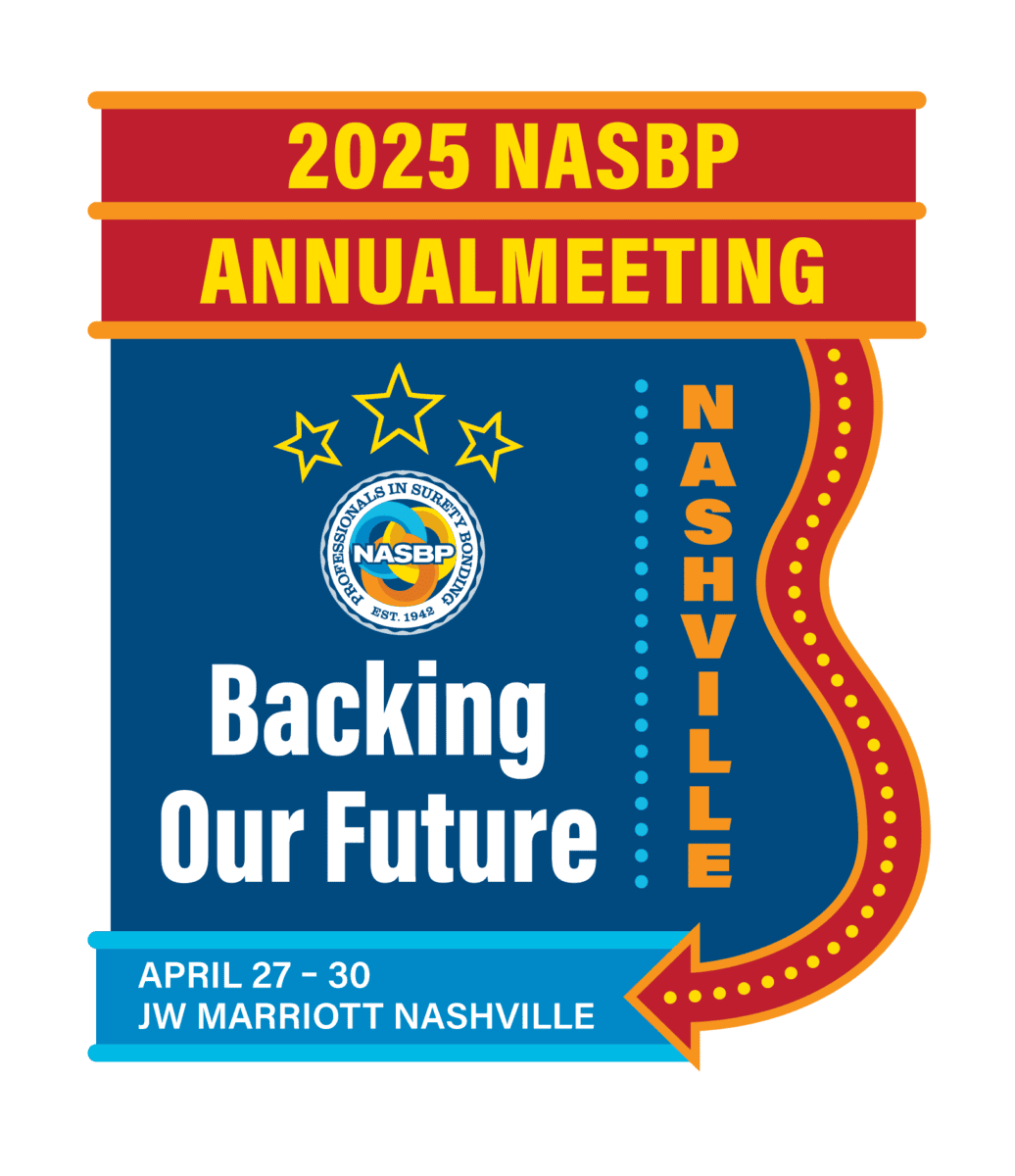NASBP is pleased to publish Jere Shawver’s article below, which provides a list of priorities that the Private Company Council (PCC) identified in March 2025 as the most pressing financial reporting issues affecting private companies. NASBP members may recall that NASBP has a successful long-term working relationship with Financial Accounting Standards Board (FASB), including providing comments on revenue recognition and lease accounting standards, and welcomes and appreciates the invitation to discuss FASB accounting standards with this group.
NASBP lauds the FASB and the PCC for their roles in ensuring accounting and financial reporting standards are consistent so that users of construction industry financial statements can make informed decisions based on them. As companies and individuals involved in preparing construction firms to establish and to maintain surety credit relationships, which, among other factors, focus on the financial wherewithal of these firms, NASBP members have a keen interest in pragmatic and objective accounting rules and accurate, high-quality financial statements.
By Jere Shawver, PCC Chair
 The Private Company Council (PCC) was established in 2012 by the Financial Accounting Foundation (FAF) to advise the Financial Accounting Standards Board (FASB) on private company financial accounting and reporting issues.
The Private Company Council (PCC) was established in 2012 by the Financial Accounting Foundation (FAF) to advise the Financial Accounting Standards Board (FASB) on private company financial accounting and reporting issues.
The PCC’s membership includes users of private company financial statements including sureties, banks, lessors, and other creditors; controllers, chief financial officers, and other accounting-related personnel who regularly produce financial statements; and certified public accountants who provide audit and other forms of assurance on financial statements.
The PCC advises on many FASB projects and evaluates accounting standards for private company alternatives that may not have been considered prior to implementation.
PCC Agenda Priorities
The PCC has a structured process to evaluate its agenda priorities. That process is designed to increase the effectiveness and efficiency of the PCC by regularly assessing the most pressing financial reporting issues affecting private companies. Issues that emerged from the PCC’s prioritization process during 2024 include:
- Credit Losses—Topic 606 Receivables
- Presentation and Disclosure of Retainage for Construction Contractors
- Debt Modifications and Extinguishments
- Lease Accounting Simplifications.
Credit Losses—Topic 606 Receivables The PCC and the FASB have undertaken a project to address challenges encountered when applying the guidance in Topic 326, Financial Instruments—Credit Losses, to current accounts receivable and current contract assets arising from transactions accounted for under Topic 606. Private company stakeholders indicated that estimating expected credit losses for those balances can be costly and complex and that application of the guidance does not result in a materially different estimate of expected credit losses than if the estimate was based on historical loss information. At its spring 2025 meeting, the PCC made its final recommendations to the FASB on simplifying and improving the operability of the guidance. Those recommendations were endorsed by the FASB and a final Accounting Standards Update is expected to be issued during 3Q 2025.
Presentation and Disclosure of Retainage for Construction Contractors Topic 606, Revenue from Contracts with Customers, includes guidance on the presentation of a contract with a customer on the balance sheet as a contract asset or a contract liability and related disclosures, but does not include specific guidance on retainage. Sureties informed the PCC that information about retainage is important to their analysis. The PCC advised the FASB to address this issue through an FASB Staff Educational Paper, which was released in April 2025 and is available on the FASB’s website. That paper will (1) clarify the presentation and disclosure requirements in current Generally Accepted Accounting Principles (GAAP) about retainage for construction contractors and (2) provide example voluntary disclosures of retainage that would currently be permissible under GAAP and would provide users with more detailed information about contract assets and contract liability balances.
Leases Research is ongoing to determine whether there are opportunities to further simplify the guidance on leases for private companies. The PCC has created a working group comprised of PCC members, FASB staff, and members of the American Institute of Certified Public Accountants (AICPA) Technical Issues Committee (TIC). The working group is obtaining feedback from stakeholders and will report back to the PCC later in 2025.
Debt Modifications and Extinguishments Research is ongoing to determine whether there are opportunities to simplify the guidance on debt modifications and extinguishments for private companies and to increase its understandability for financial statement users.
Next Steps—PCC Agenda Priorities
At its spring 2025 meeting, the PCC revisited its agenda priorities and directed the FASB staff to conduct preliminary research on the following areas:
- Short-cycle manufacturing
- Weighted-average disclosures
- Debt-related issues—subjective acceleration clauses and interest method.
Engaging Private Company Stakeholders
The PCC places significant emphasis on engaging private company stakeholders by soliciting feedback on private company financial reporting issues and ensuring that those stakeholders are kept up to date on standard-setting activities affecting private companies. If you might be interested in volunteering to be part of the PCC or one of the working groups we periodically establish to advise us on certain issues, please send an email to privatecompany@f-a-f.org.
Final Thoughts
More information about our work is available by visiting our webpage at www.fasb.org/pcc. I genuinely appreciate NASBP’s interest in the PCC’s activities and look forward to continued dialogue with NASBP members in the future.
The views expressed in this article are those of Shawver only. Official positions of the PCC and the FASB on accounting matters are determined only after extensive public due process and deliberation.
 Jere Shawver serves as Chair of the Private Company Council. Shawver also serves as the Chief Executive Officer at Baker Tilly US, LLP, where he is responsible for managing the assurance practice and risk management, which includes the Office of General Counsel. He has over 40 years of experience advising companies on financial reporting, accounting, and business matters, across a wide range of industries including manufacturing and distribution, construction and real estate, higher education, hospitality, government contracting, and technology.
Jere Shawver serves as Chair of the Private Company Council. Shawver also serves as the Chief Executive Officer at Baker Tilly US, LLP, where he is responsible for managing the assurance practice and risk management, which includes the Office of General Counsel. He has over 40 years of experience advising companies on financial reporting, accounting, and business matters, across a wide range of industries including manufacturing and distribution, construction and real estate, higher education, hospitality, government contracting, and technology.
Get Important Surety Industry News & Info
Keep up with the latest industry news and NASBP programs, events, and activities by subscribing to NASBP Smartbrief.




